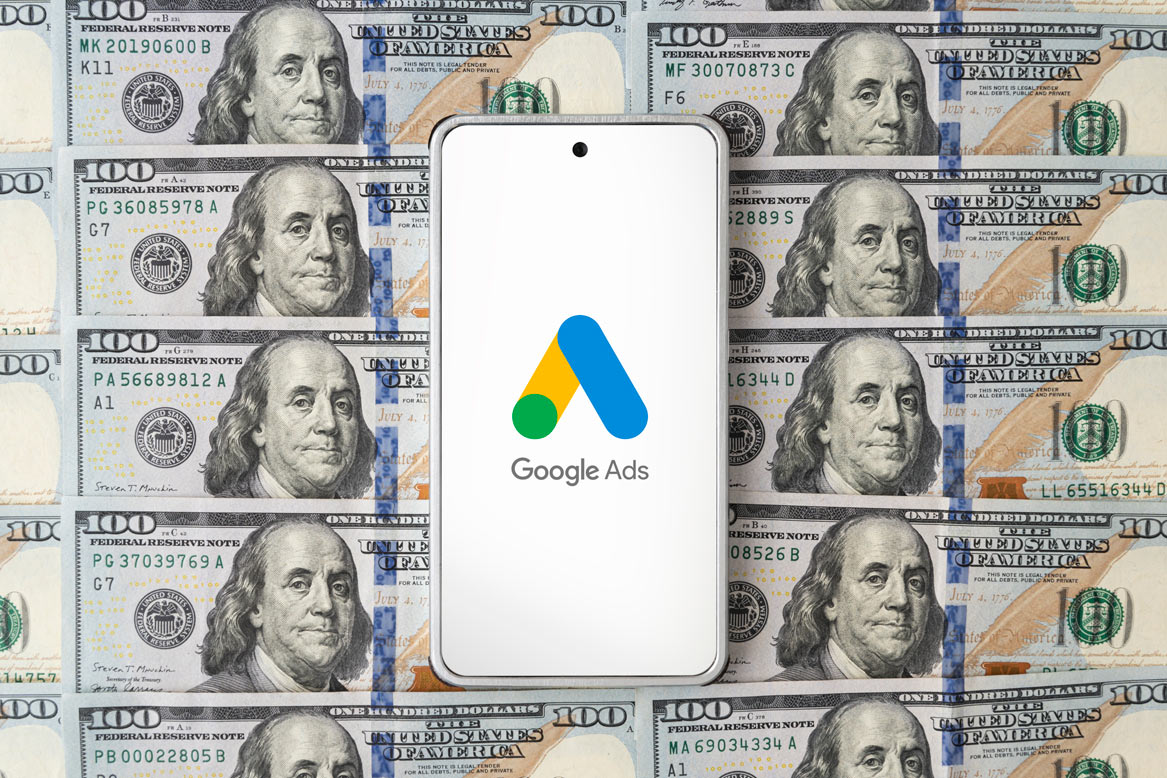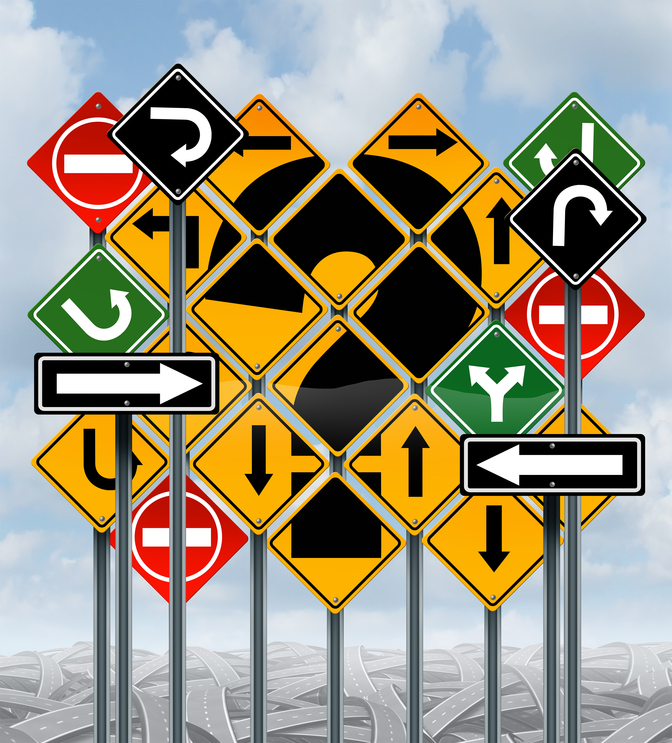I use hyphens only in all I do. I’ve done this for years both in content and in the naming of links, creating website architecture, and for search engine optimization. Specifically that is only using hyphens (-) instead of an underscore (_). Here’s a quick note from Webmaster World forums on…
-
-
The Yellow Pages are Dead, Really? Well Maybe…
I have heard this more than once from clients – they have stopped or cut way back their Yellow Page advertising to fund focusing on web advertising or web placement. When I managed a paint and wallpaper store years ago, it was not uncommon for us to spend over $5,000…
-
Google Drops Pay Per Action Program
On the Google AdWords blog this past week, Google announced that it was dropping its pay per action program. If you never used pay per action, here it is in a nutshell. With pay per action, you decide what you will pay, amount and action – you cannot do an…
-
Happy Fourth of July
Hey, it’s a national holiday and I am taking the day off! Have a great day and kick back and enjoy life in the United States.






